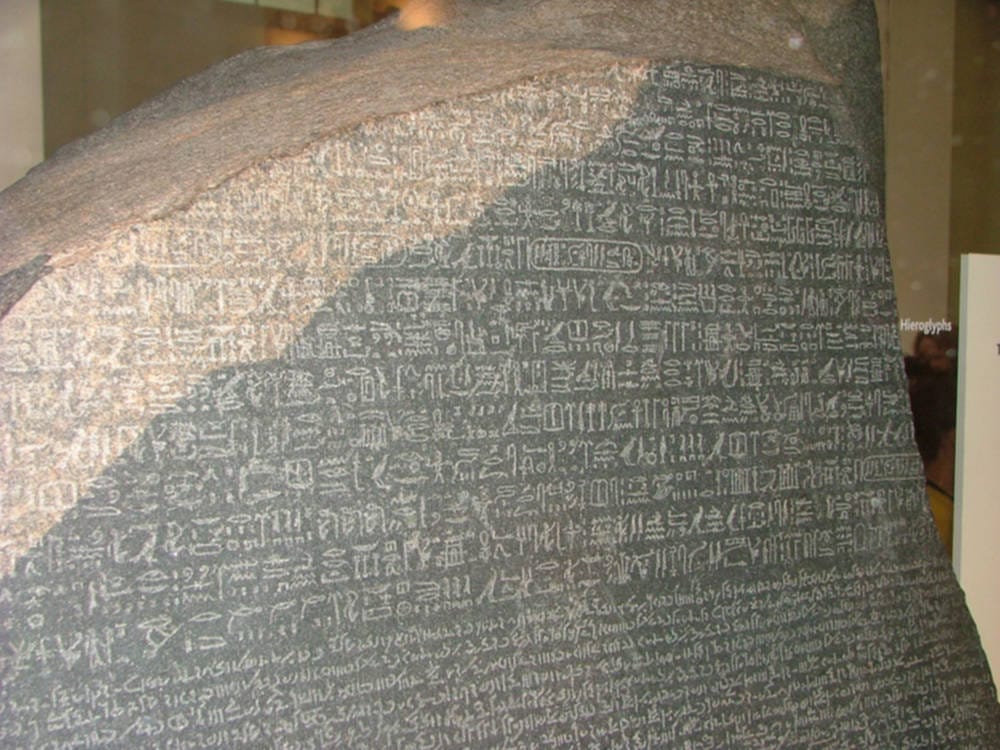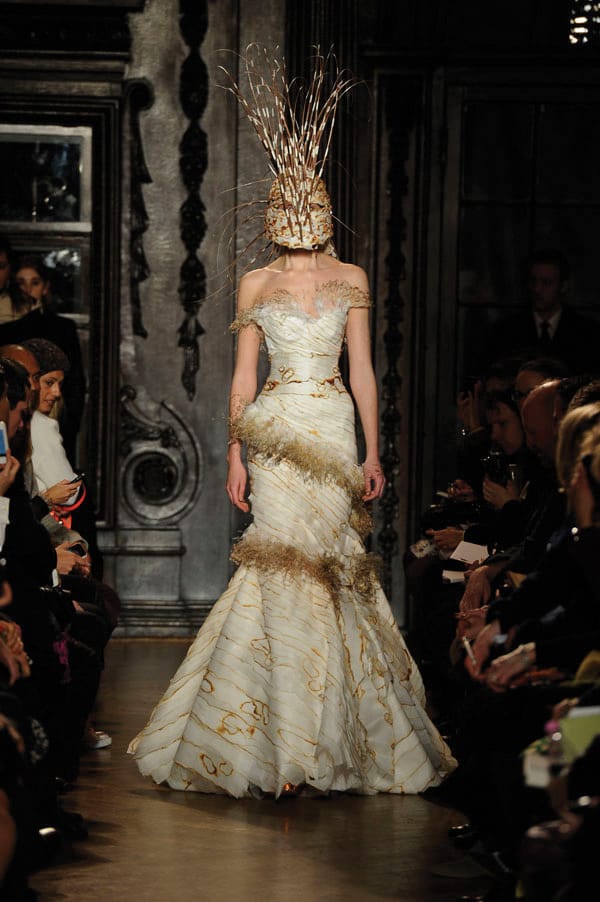A stone’s throw away
Tim Arbabzadah cannot translate the Rosetta Stone

Museums are funny places. Not har-har funny, and not even someone tripping and then pretending they actually meant to stumble for a few steps funny. They’re funny in that many people wait until they are abroad to go to them. I do this quite a lot. Justin Bieber did that once in Amsterdam, but the less said about that the better. So I guess I shouldn’t have said it all then. Anyway, even though there may be a great museum on my doorstep, it’ll take me years to go there – a good example is the V&A, which I first stepped into after being in London for a whole four and a half years, not to mention the fact that I walked past it on a daily basis.
I recently went to the British Museum. I may have been before when I was younger, but if I had then I certainly don’t remember it. Everything about the place is impressive. The majestic architecture of the building is the first thing to strike you. It’s detail and size is just awe-inspiring. Once you move inside, you realise just how much there is to explore. If you like to go around reading every bit of information and looking at each individual item in a museum, then good luck to you here: there’s so much on offer that you may end up having to live there for a year.
The Rosetta Stone is one of the most famous attractions. In the flesh, well, stone, it’s incredible. The Rosetta Stone is what allowed us to understand hieroglyphs. Inscribed on it is a decree from King Ptolemy V in three different scripts: Ancient Egyptian hieroglyphs, Ancient Egyptian Demotic script, and Ancient Greek. Having actually learnt Ancient Greek for two years at school, which on reflection was probably an odd choice; it was a particularly fascinating experience for me. Although my knowledge of the language may not extend far past knowing the phrase for “under the tree” it was fun to have a stab at translating it. Be warned though, there will be an army of tourists with various different cameras constantly snapping away.
The British Museum houses many ancient ruins. Amongst the most impressive of these are the Parthenon sculptures. Countless other ancient civilizations are explained with structures exhibited. From China to the Babylonians, it’s all on display in some form. There are extensive exhibitions on the Far East that have many beautiful items and interesting explanations.
When walking through the Ancient Middle Eastern structures, the size of some of the statues that survived from temples and palaces makes you wonder how they were built – at the time they were constructed modern machinery was still literally thousands of years away.
This being a newspaper, it should also be noted that the history of writing was particularly interesting. How writing changed and evolved from early writing and cuneiform to what we see today is astounding. The thought that’s difficult to get your head around is that at one point writing didn’t even exist. The British Museum is in the heart of London. It’s easy to get to, so you have no excuses not to go!









